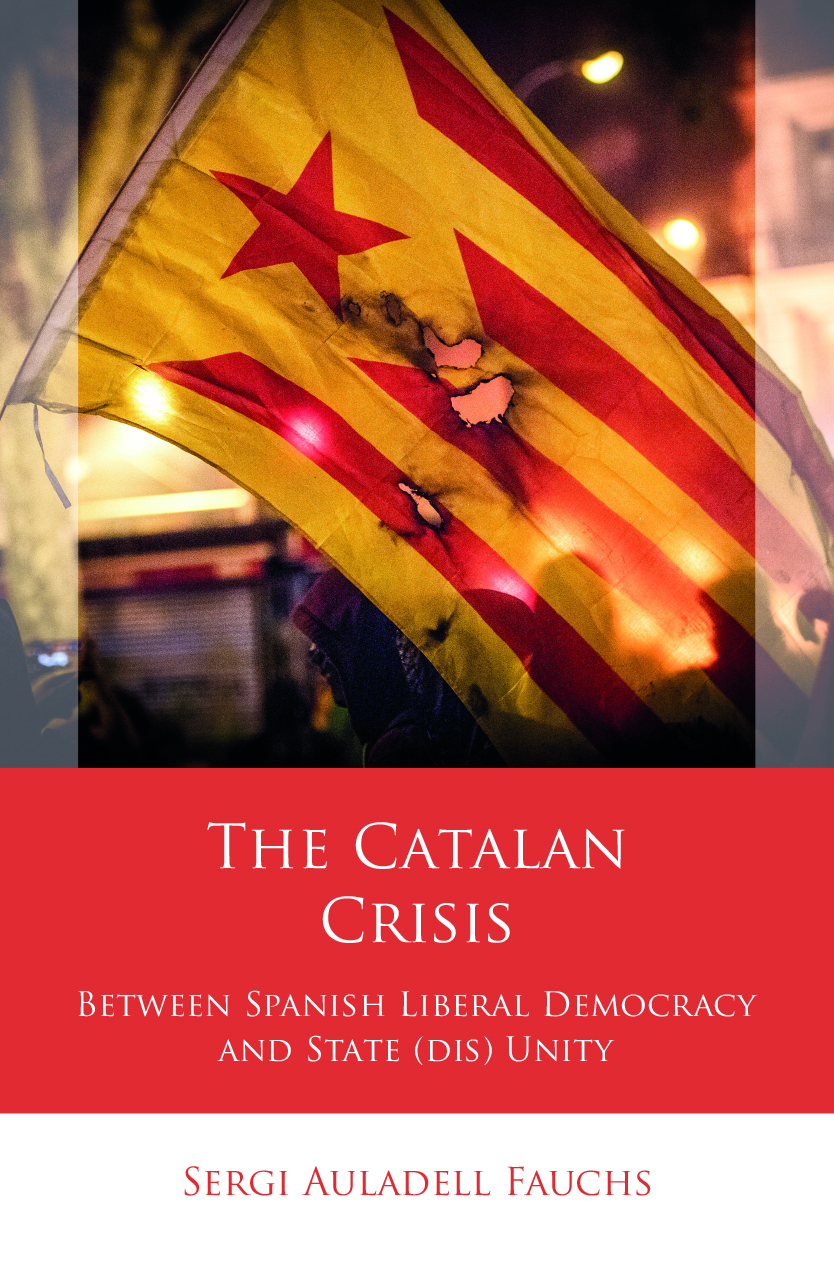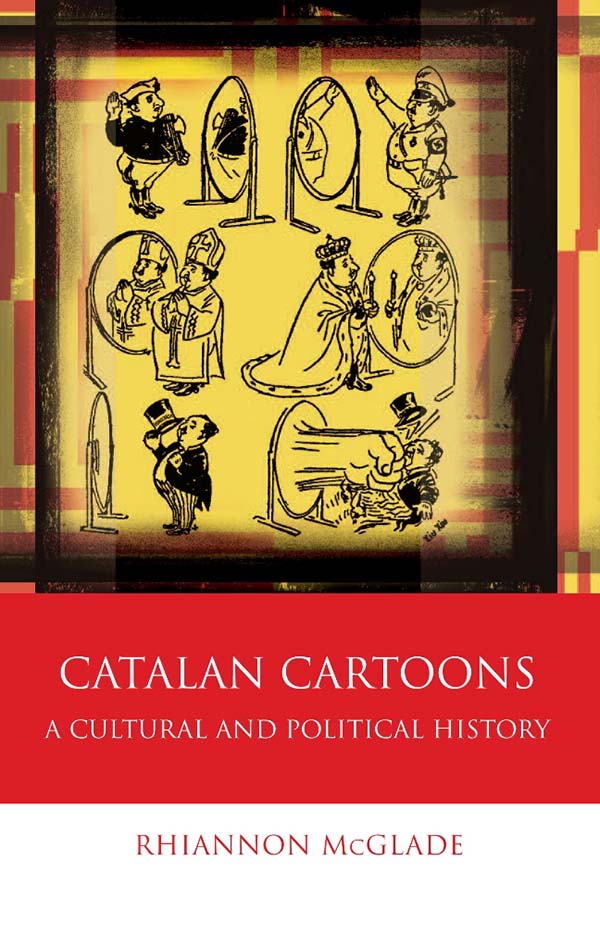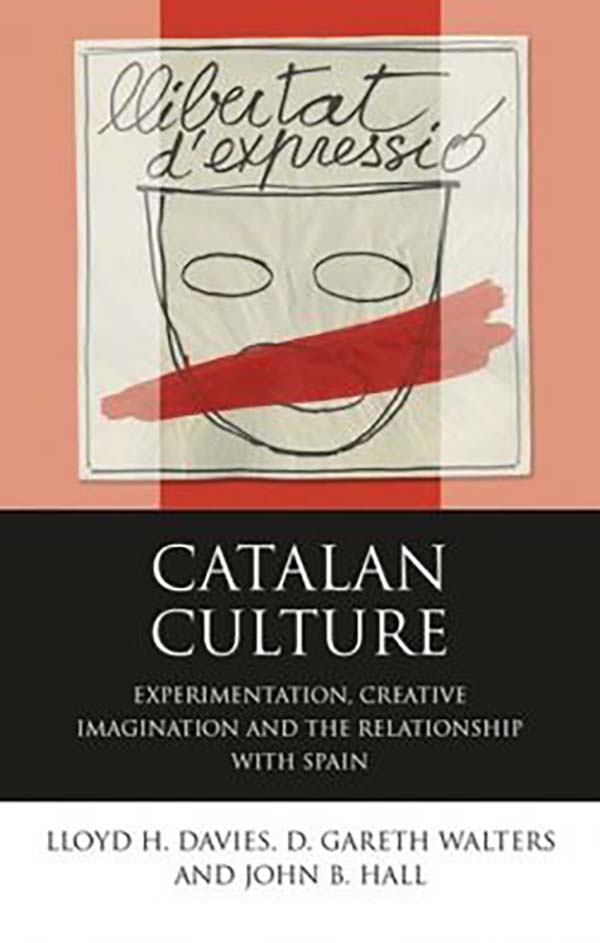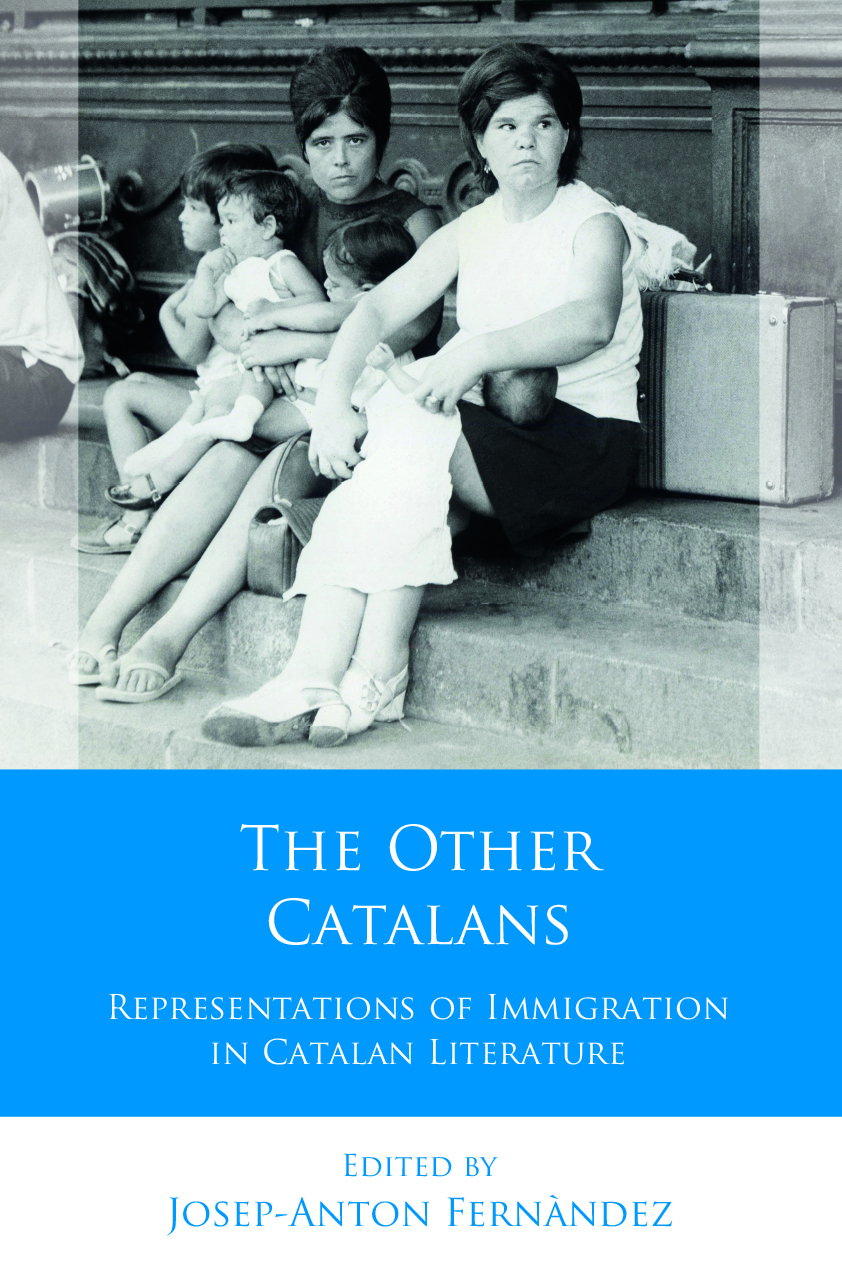The Catalan Crisis
Between Spanish Liberal Democracy and State (dis) Unity
Author(s) Sergi Auladell Fauchs
Language: English
Genre(s): Politics
Series: Iberian and Latin American Studies
- December 2024 · 288 pages ·216x138mm
- · Hardback - 9781837721719
- · eBook - pdf - 9781837721726
- · eBook - epub - 9781837721733
This study is unique for its anti-essentialist approach to the recent political crisis between Catalonia and Spain. Through a blending of post-Marxist and Lacanian discourse-analysis, it tackles the ontological foundations of the post-1978 status quo between Catalonia and Spain, its partial dissolution during the 2010s, and the attempt made by a significant share of the Catalan population and political leadership to achieve an alternative politico-territorial status. With a radical critique of how the universalism of state unity (and its alternatives) work as organising principles for our political experience of the world, the text analyses the political manifestos, court decisions, and parliamentary speeches of Catalan and Spanish politics of the period. It then proceeds to argue that the Catalan crisis should be understood as the by-product of the mainstream nationalising discourse, whereby Spain has become a liberal democracy after General Franco’s dictatorship.
Preface
1 Introduction
2 The Essentialist Pitfalls of the Literature
Identity and the Dret a decidir
Material Causality
Geopolitical and Economic Consequences
The Right of the Catalans to Self-Determination
Discourses, their Methods of Reproduction and Hegemony-Building
Conclusion
3 A Psychoanalytical and Post-Marxist Approach to Social Institution and Change
Reality
Discourse
The Status of Knowledge (and Truth)
Fantasy, Points de capiton, Empty Signifiers and Hegemony
Negativity and Dislocation
The Symptom
Conclusion
4 On Monadic Unity: The Point de capiton of the Status Quo (and the Seeds of Its Dissolution)
Introduction
Monadic Unity as a Pure Signifier: Unidad before Signification
Unity within the Political: The State
Conclusion
5 The Rule of Law and the Symptoms of Consensual Democracy
Introduction
A Consensual Democracy without Consensus: Exclusion, Invisibilisation, Criminalisation and Blame of the Symptom
Exclusion and Invisibilisation
Criminalisation and Blame
Conclusion
6 Sourcing Absence and Alienation to Name Collective Emancipation
Introduction
The Sourcing of Absence as a Necessary Condition for an Alternative Political Identity
Setting a Milestone for Absence
The Absence of Proper Democratic Practices: The 78 Regime
The Absence of Fair Economic and Social Policies
The Absence of Alternative Forms of Cultural Identity
Conclusion
7 The Sublimation of Choice into an Emancipatory Horizon: A Procés to Exert the Dret a decidir
Introduction
‘Choice’ to Bind them All: Naming Das Ding or when Decision ‘Takes up the Task’
The Dret a decidir as Subject of Emancipation
A New Non-Monadic Point de capiton and the Blurring of Traditional Political Frontiers
The Dret a decidir as Democracy
Universality through Metaphorical Emptiness
Inalienability and Convention of a Right to Decide
The Inscription of Social Demands
Reluctance from the Left
Convergències, Unions and Liberal/Traditional Catalanism
A Republican Cultural Identity
Conclusion
8 Conclusions
Bibliography





